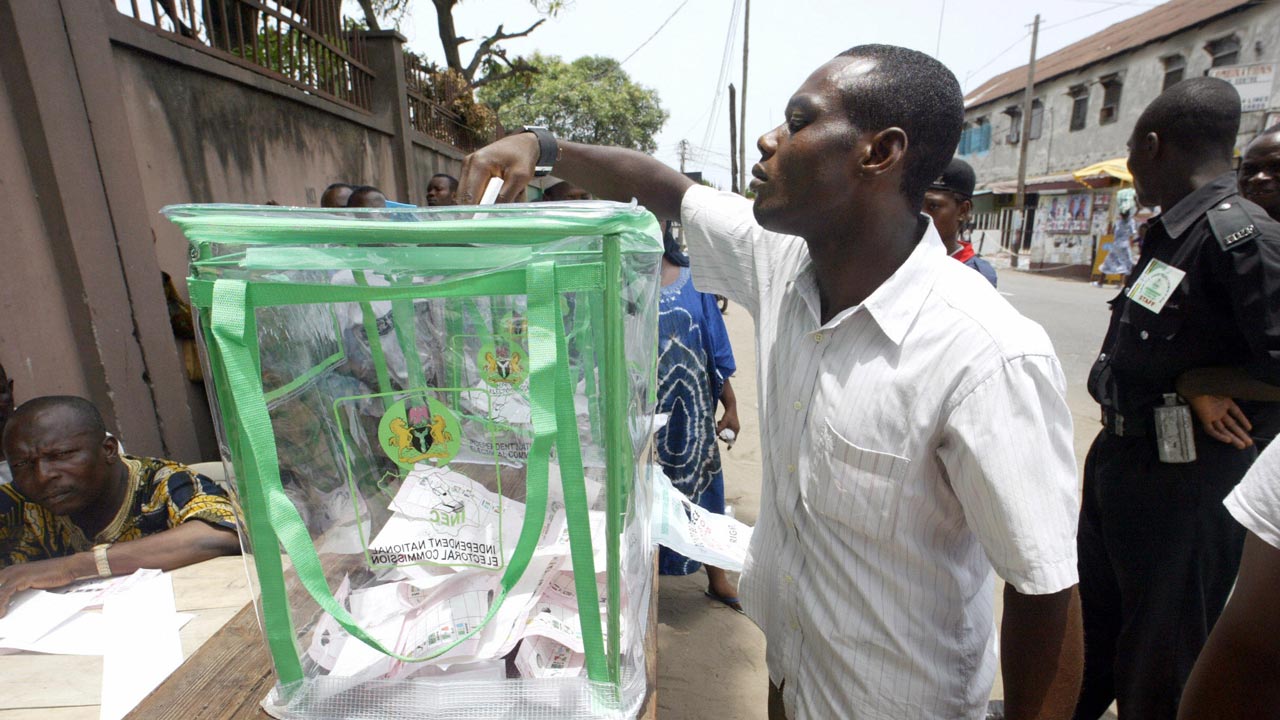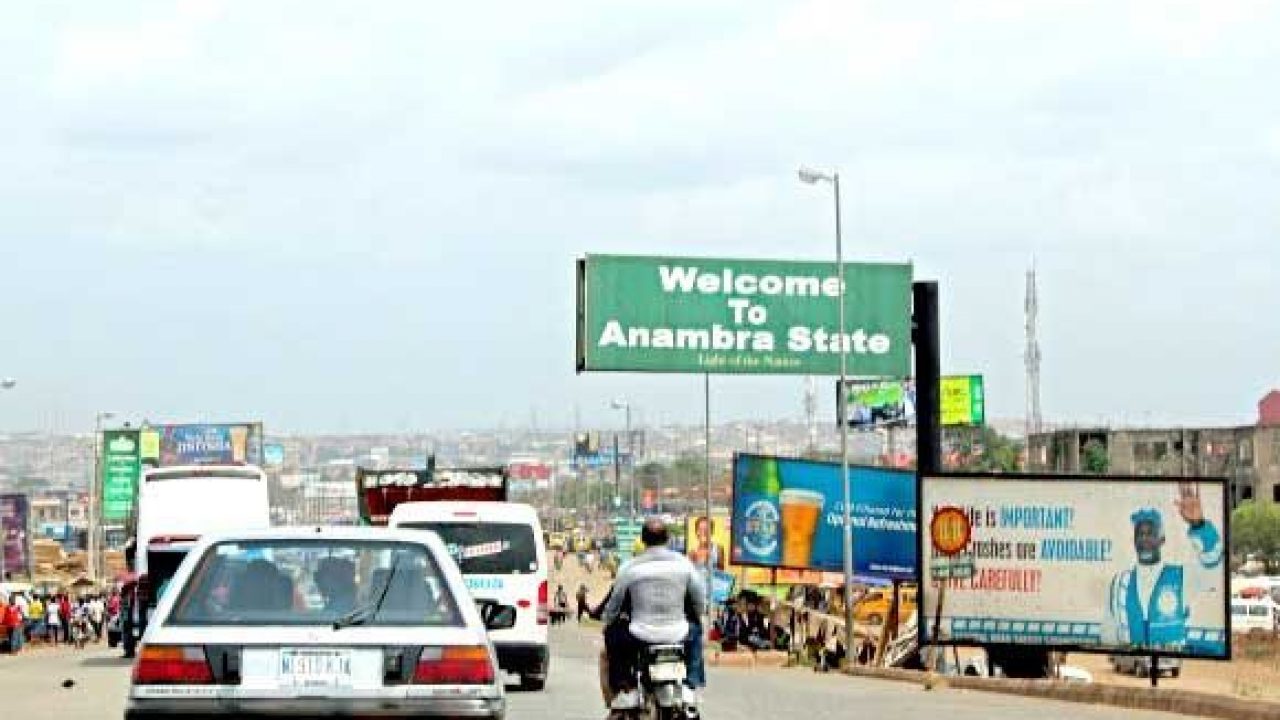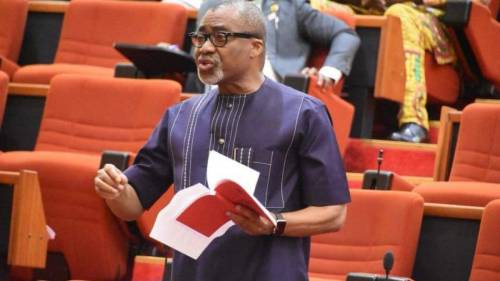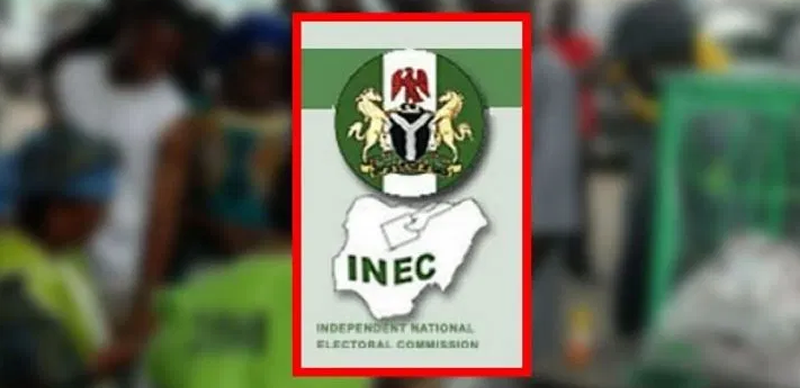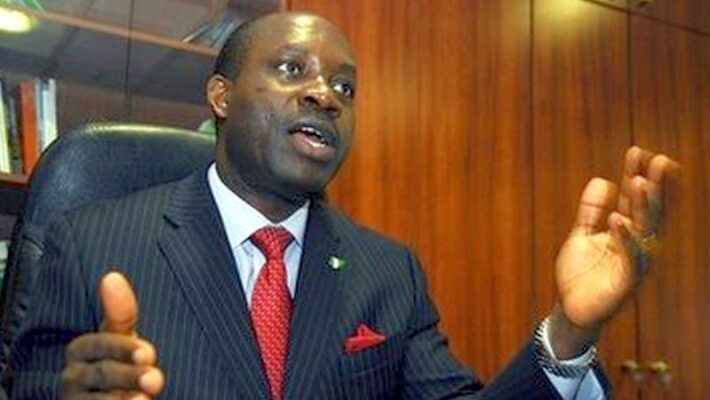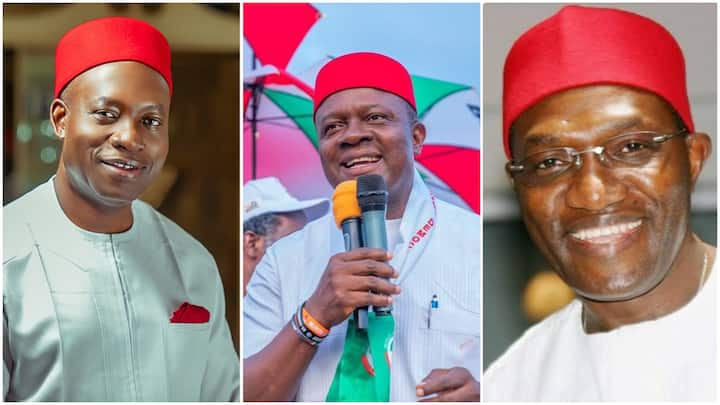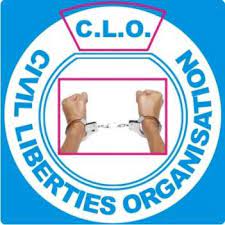Azu Ishiekwene
Just hours before voters in Anambra State decide the next governor, a party not on the ballot is getting serious attention.
The Indigenous Peoples of Biafra (IPOB), the separatist group demanding an independent homeland, has declared there would be no election on Saturday not only to press its separatist demand, but also to demand the release of its leader, Nnamdi Kanu, currently in his 17thweek in detention in Abuja for alleged treason among other charges.
IPOB is not a political party and Kanu, its leader, is not on the ballot. But the leaders of the 18 political parties, especially the four major ones – APGA, APC, PDP and YPP – know that where they stand on Kanu may hinder or promote their chances.
As they struggled to extract their feet from their mouths during the televised debate on Monday, you could sense that Charles Soludo (APGA), Andy Uba (APC) and Valentine Ozigbo (PDP), desperately trying to appease IPOB members and their sympathisers. They know that how far they could go may depend on what they say about IPOB.
If they couldn’t win IPOB sympathisers over, they can’t risk making them mad. And to show how much it meant to have IPOB in his corner, for example, Ifeanyi Ubah, the Young Progressives Party (YPP) governorship candidate who couldn’t spell IPOB to save his life, rushed to court for a pass to visit Kanu in DSS custody in Abuja.
In the last three years, the South East has been in a state of war, partly as a result of political banditry by Abuja-based politicians determined to hijack power at all costs.
The scorched-earth politics of this group has sowed discord and raised tensions in the region. Even worse, government’s incompetent handling of the situation has stoked violence, silenced the legitimate demands of moderate groups, and pushed IPOB to a lunatic fringe.
But will that affect Saturday? It depends.
The decision of IPOB sympathisers in the past to abduct school children who defied its sit-at-home orders from examination centres, is an indication of the extent it would go to enforce its insanity. For its part, the Federal Government has been on a war footing, deploying more policemen and soldiers that could outnumber the ratio of registered to actual voters.
Yet, despite the long shadow of fear and misery, there’s not much that is new about the Anambra governorship election.
Low voter turnout is not new. Even though the state has a population of about 4.5million, the most populated in the South East, with a registered voter population of 2.5million, the highest voter turnout for any governorship election in the last 22 years has been less than 300,000.
In 2017, Willie Obiano, was elected with 234,071 votes; and his predecessor, Peter Obi, who also spent two terms as governor polled 97,833 to win his second term.
A board member of the election monitoring group, YIAGA Africa, Ezenwa Nwagwu, who has been in Awka, the Anambra State capital for about a week, told me on Wednesday that concerns about potential low voter turnout as a result of insecurity were largely media inventions.
“Anambra has historically had very low voter turnout. That has nothing to do with IPOB, which is a relatively new thing,” he said. “No Anambra governor has been elected by slightly more than one-tenth of registered voters in the state. As for those who have been trumpeting insecurity, you should also ask yourself why not one of the 18 political parties in this election has said anything about it throughout their campaign. Not one.”
Nwagwu also added that security could have been a big issue if people needed to travel long distances to vote. “From what I have seen in the last one week,” he said, “INEC has taken polling points closer to short walking distances from people’s homes. That will make it easier for them to exercise their franchise.”
Yet, fears remain that this is not just a governorship election but a referendum on who really controls the South East: IPOB or a cohort of Abuja politicians backed by federal might?
It’s the sort of perfect storm that plays to the advantage of those who will deploy the monopoly of force not to protect citizens or voters, but to produce an outcome they wish to see – one that reinforces their stranglehold – in spite of voters.
The line-up of candidates does not lessen the misery of potential poor voter turnout. Two of the three leading candidates have been here before.
Soludo, who on paper, has an edge over the others, contested in 2011 on the platform of the PDP against former Governor Peter Obi. In Soludo’s Damascus journey, which appears to be the inevitable rite of passage for many Nigerian politicians, he has switched from PDP, his former home, to APGA which he fought against 10 years ago.
At the time, former BOT Chairman of the PDP, Tony Anenih, promised Anambra voters that if they elected Soludo, he would change his name from Anenih to Anene (Igbo name meaning let’s look up to God). Obi won, Anenih kept his name, and Soludo left to fight another day.
He returns to the hustings with strong intellectual credentials and a work history that spans many local and international institutions, notably the Central Bank of Nigeria where he was governor, and a number of international financial institutions including the IMF and the World Bank, where he worked as consultant.
This reputation endears him to the media but in a state famous for its brutal and predatory politics, it remains to be seen how Soludo will translate his solid away credentials to home advantage. Of course, being the outgoing governor’s anointed helps. But we have also seen in a number of states, including Ogun State in 2019, that even the begotten of the incumbent can fail sometimes.
Will the name of Emeka Odumegwu Ojukwu, the father of Biafra nationalism and patron saint of APGA save Soludo the way it has preserved Obiano after Peter Obi’s spectacular fallout with the party? It remains to be seen.
Insiders informed me on Wednesday night that, until the last few weeks, Governor Obiano’s house was divided: the governor wanted Soludo, his wife, the lady famous for her designer vaccines and glasses, apart from her strong political views, made it clear that Chukwuma Ume Umeorji, currently representing Aguata Federal Constituency, was her preferred candidate.
Also, ahead of Saturday’s election, Obiano had a bitter taste of federal might with the loud and conspicuous absence of all federal officials invited for the opening of the state’s airport. That has been interpreted as a warning shot.
Does that dress rehearsal help the other candidates, especially Andy Uba, also tipped as a strong contender and Abuja favourite? More than anything else, what Uba is counting on is not Soludo’s weakness, the division in Obiano’s house or even his airport opening misery.
Andy Uba, the 14-day Anambra governor who was removed by the court because he was illegally installed, is still counting on his huge stock of favours from Abuja earned over years of assiduously cultivating the bedrooms and corridors of power.
That power has worked for him and his siblings. Briefly curtailed when his brother Ugochukwu Uba was called out for bribing a judge for a favourable election result in 2004, that power was in full flair when it was deployed in enabling and protecting Chris Uba who kidnapped Governor Chris Ngige for a ransom.
That power has preserved Andy Uba through his political odyssey, transforming his family into something of a political dynasty despised for good reasons, but hardly ignored.
I’m told that there is something about this odious power factor that fascinates the common folk in Anambra and which Andy Uba could use to energise the grassroots who might regard Soludo as an Igbo man in diaspora.
But Abuja politicians are not a solid block. Ngige, labour minister and the highest-ranking Anambra politician in President Mohammadu Buhari’s APC government, may not have a better opportunity than now to take his revenge on the Uba clan. And he can count on his position in the pecking order of APC to find resources to execute his revenge.
Does that mean that the PDP candidate, Valentine Ozigbo, could reap from the wreckage? It’s improbable. In the last 22 years, PDP ruled Anambra for six years, and APGA for 16.
Although Ozigbo has strong private sector credentials, which should suit Anambra’s temperament of industry and entrepreneurship, his party’s influence in the state has waned over the year, aggressively eroded by internal strife within PDP and the desperation of the ruling party APC to capture the South East at all costs, with Imo as the staging post.
If the main question at election time is whether people think life is better today than it was yesterday, the answer in Anambra will ordinarily be too obvious. But then, it depends. It depends not on the promises made or kept but on whether voters think they matter in holding politicians to account.
Despite Obiano’s initial rancour with his installer and benefactor, Peter Obi, over whether it was N79billion or N9billion that was left in the treasury or whether government business under Obi was window-dressing, the state has made some progress.
In a country where about two-thirds of the states hardly meet their recurrent obligations, progress by governors could mean regular payment of salaries. It could also, shamelessly, mean how much the governor has done for his ancestral home and community, and whether the government has, at least, maintained the record of his predecessor in areas such as school enrollment and access to healthcare.
Anambra elections and hubris go hand in hand, but somehow, the state has managed to find its way. In spite of the odds, I hope it does so this time. Although something tells me it may not be settled at the ballot on Saturday.
Ishiekwene is Editor-In-Chief of LEADERSHIP

